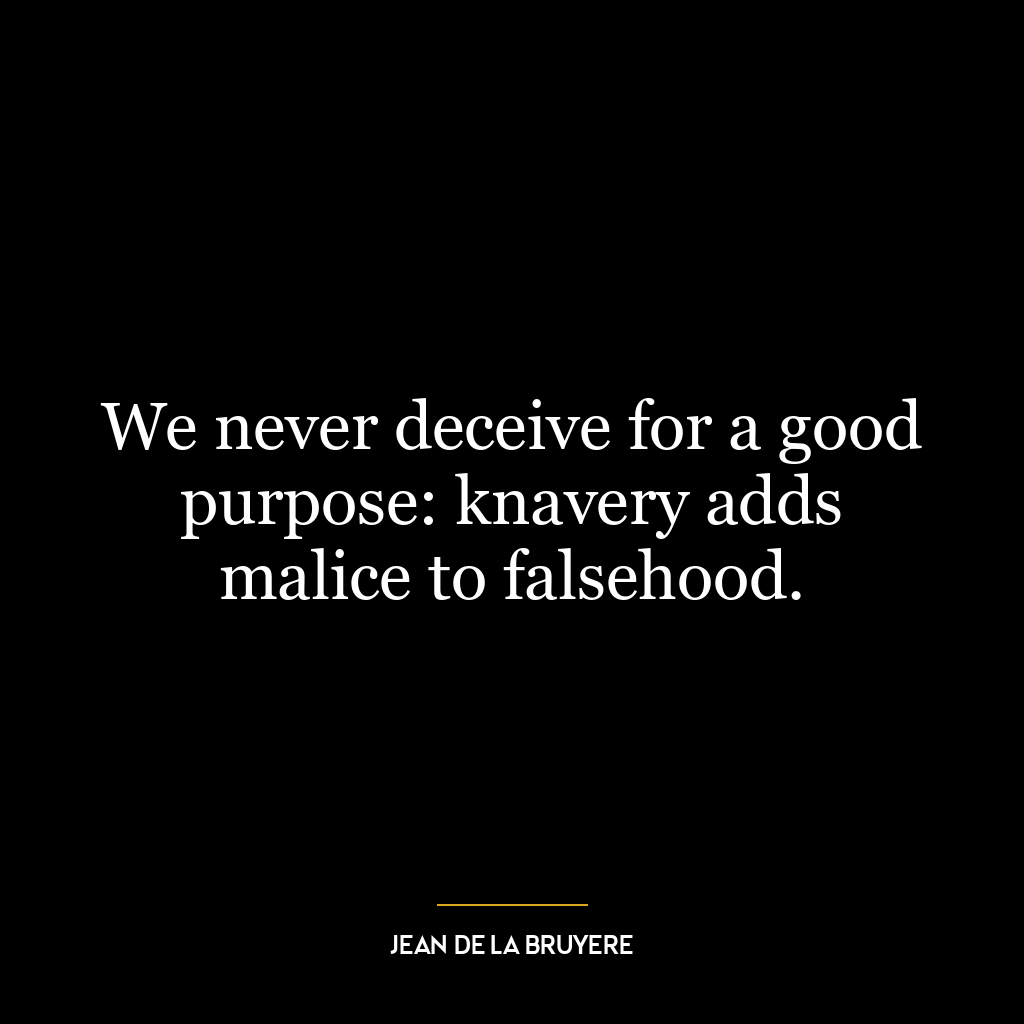There is no good in store so long as malice and jealousy and egotism will prevail.
This quote highlights the idea that as long as negative emotions like malice, jealousy, and egotism dominate our thoughts and actions, there can be no real goodness or progress. The term “in store” is used metaphorically to represent future outcomes. So essentially, the quote implies that a future filled with positivity and goodness cannot be achieved if we allow these harmful attributes to rule us.
Malice refers to the intention or desire to harm others or see them suffer. Jealousy involves feelings of envy towards someone else’s achievements or possessions. Egotism is an excessive preoccupation with one’s own importance and superiority over others. These are all destructive emotions that hinder personal growth and societal harmony.
Applying this concept in today’s world could refer to various aspects of life – individual relationships, workplace dynamics, political scenarios etc. For instance, in workplaces where employees harbor jealousy towards each other’s success instead of celebrating it, such environments often lead to toxicity rather than fostering creativity and productivity.
In terms of personal development too, this quote holds immense relevance. It suggests introspection into one’s own behavior patterns – understanding whether they are driven by malice, jealousy or egotism can be a crucial first step towards self-improvement. By consciously trying to overcome these negative traits and replacing them with empathy, appreciation for others’ success (instead of envy), humility etc., individuals can experience significant positive transformation in their lives.
Thus Swami Vivekananda’s words remind us that for any substantial good – whether at individual level or societal level – it is essential for human beings to let go off their malicious intents, jealous tendencies and inflated ego; only then can we hope for a future imbued with genuine goodwill and progress.














